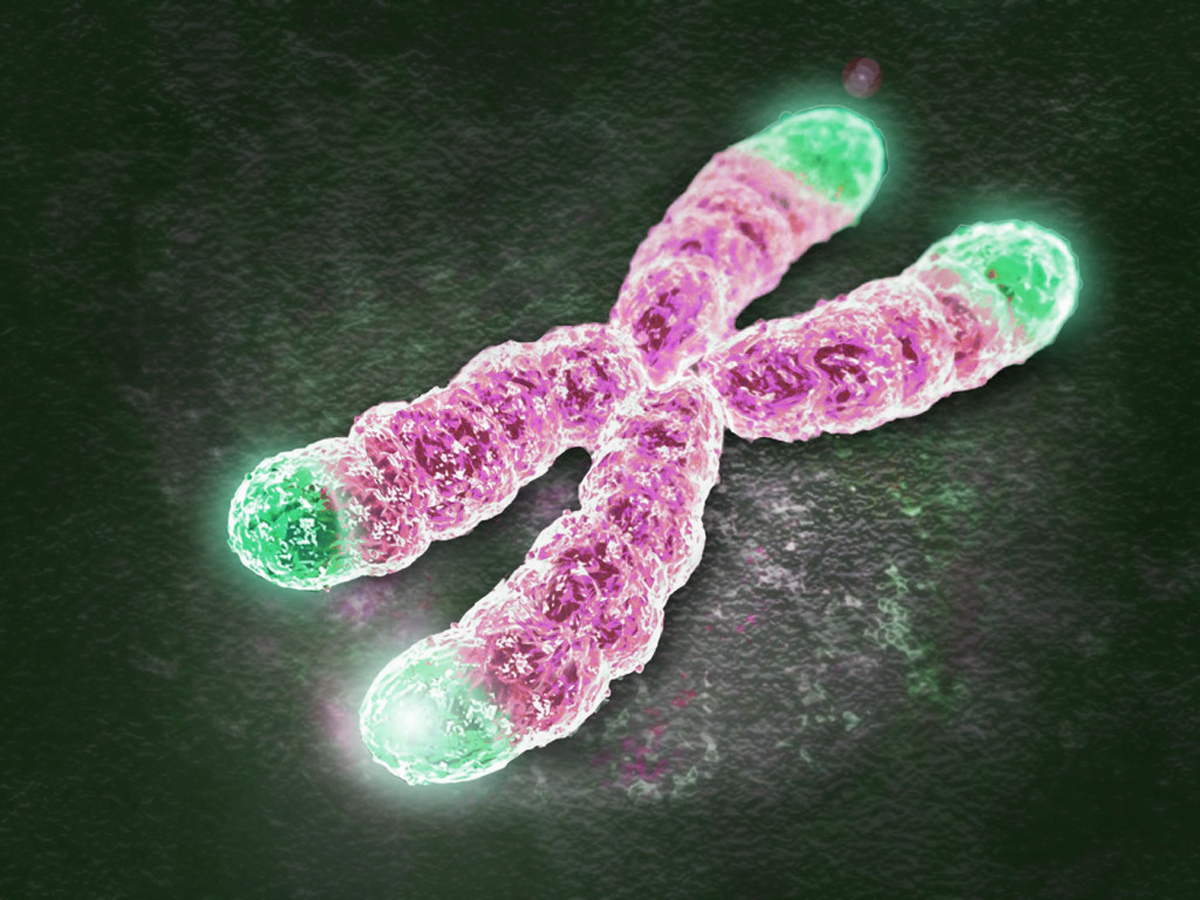Exercise Changes The Way You Age

This page is for those of us who find making time to exercise to be a nearly impossible event
...even if you are small...or not small...
You need to exercise daily
You may still be in shape.
You may have never been in shape.
Exercise for those of us who have some how arrived to the season of parenting meaning to exercise or even still feeling quite good about ourselves because we can keep up with the best of them - but we don't exercises regularly ...
This page is for you.
It is not about your shape. It is about the HEALTHspan of your life. How it is that you will live well throughout your 60s and 70s and long thereafter. And that is why exercise changes everything.

Meet your Telomere
Or, perhaps, you have already met your Telomeres - they are the lovely green bits on the end of your Chromosomes.
They are most often explained to function like the tips of a shoe lace. The hard plastic sheath that keeps the laces from fraying. So, too, your Telomeres. But with age they shorten. Yes, we inherit a certain propensity toward when and how they shorten. But our own behavior has much to do with they endure as we age.
|
So says |
A review of The Telomere Effect:
A 2017 groundbreaking book by the Nobel Prize winner who discovered telomeres, telomerase, and their role in the aging process, and the psychologist who researched specific life style habits to protect them, slow down disease, and lengthen life. ...
While many factors contribute to aging and illness, Nobel Prize winner, Dr. Elizabeth Blackburn, discovered that biological markers, called telomerase, the enzyme that replenishes telomeres, protect our DNA from aging. Dr. Blackburn discovered that the length and health of one's telomeres provides a biological basis for the long hypothesized mind-body connection. But perhaps more importantly, ... she discovered that there are things we can do to improve and lengthen our telomeres to keep us vital and disease free. The Telomere Effect
will help people increase their lifespan and healthspan (the number of years that individuals remain healthy and active), including information on how sleep, exercise, and diet profoundly affect our telomeres, and how chronic stress can eat away at our telomeres. Included are lists of which foods are healthy for our telomeres; how aging begins in utero: mothers who are highly stressed during pregnancy have children with shorter telomeres; and how thinking you are young and vital helps keep you that way!
Your first paragraph ...
